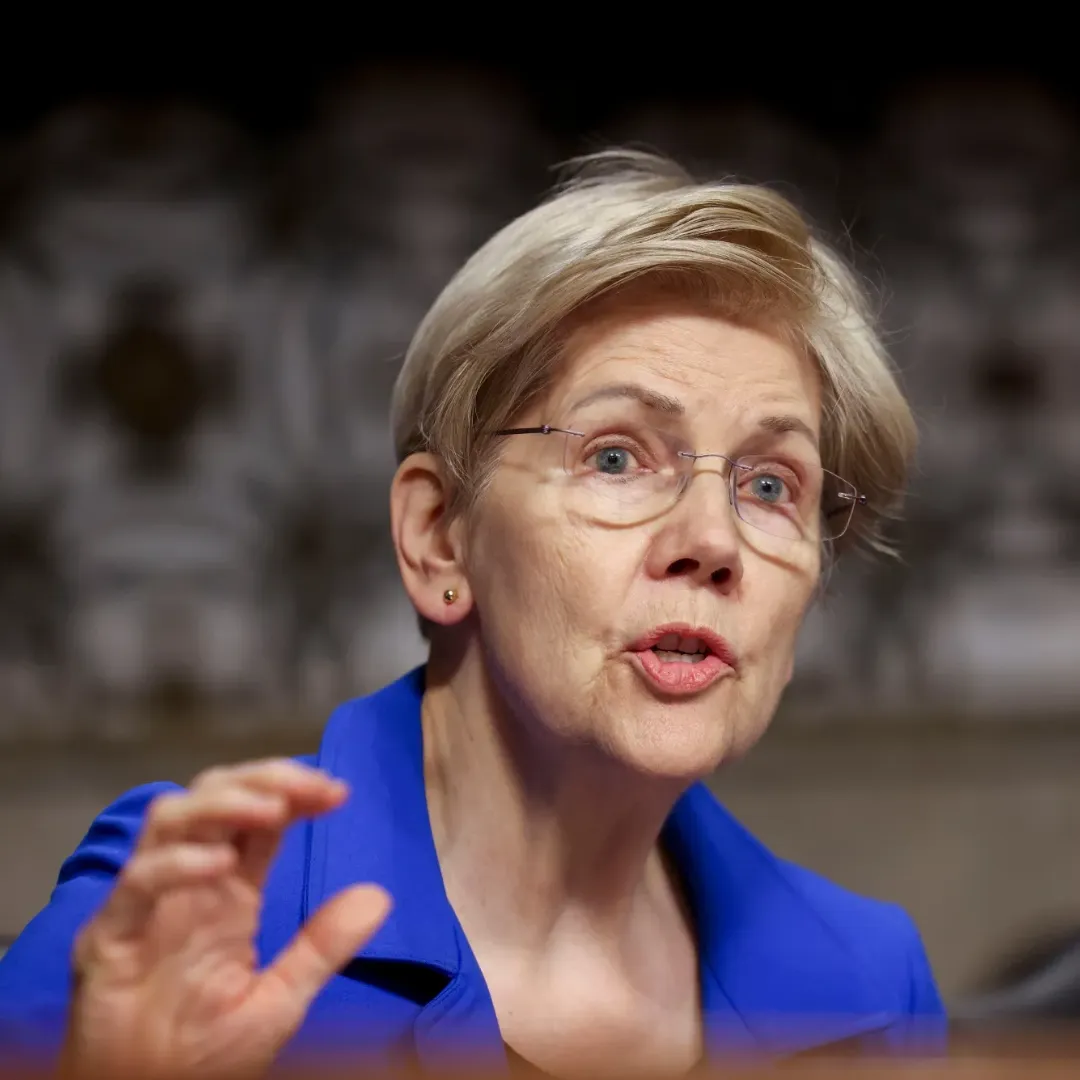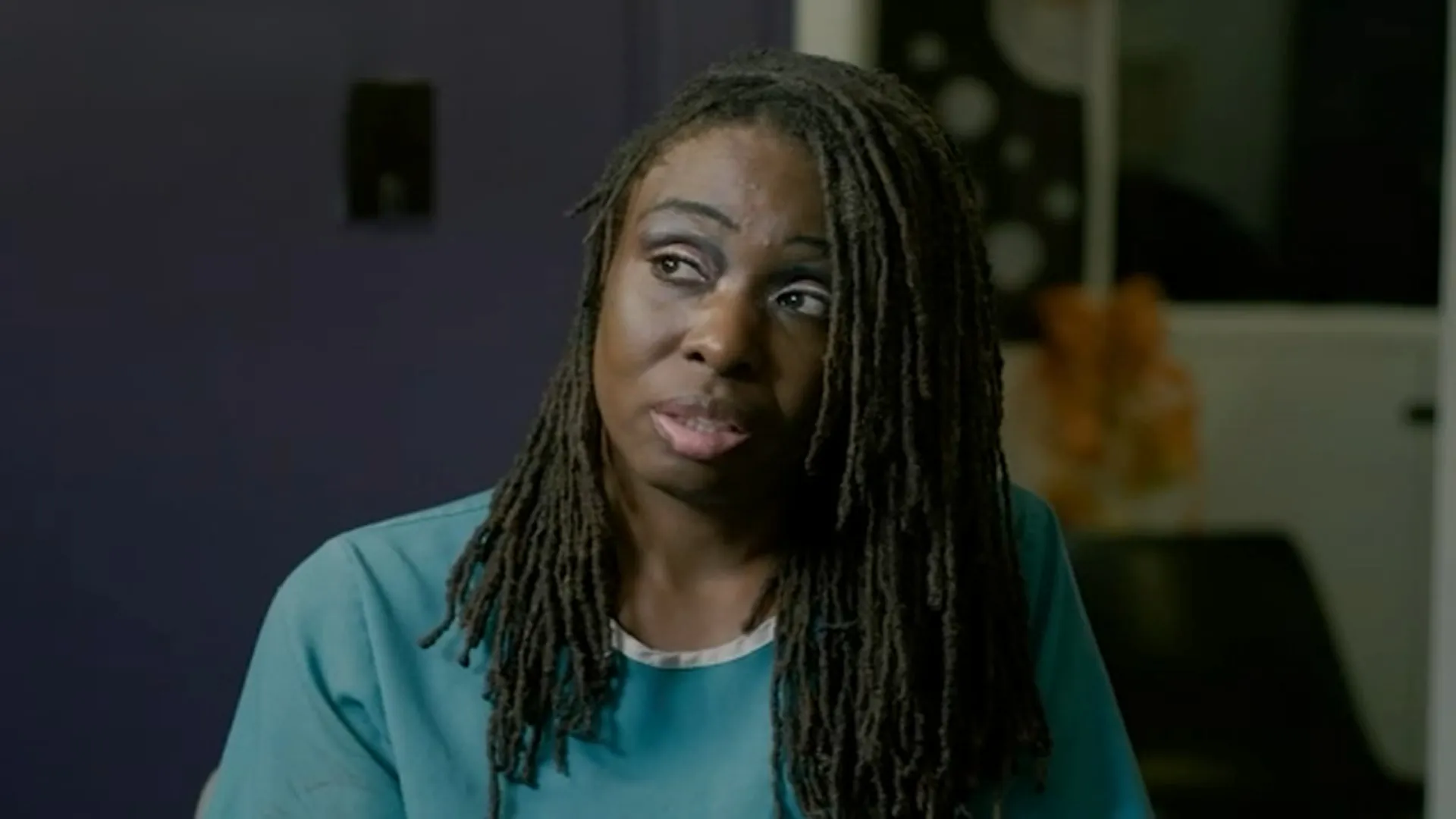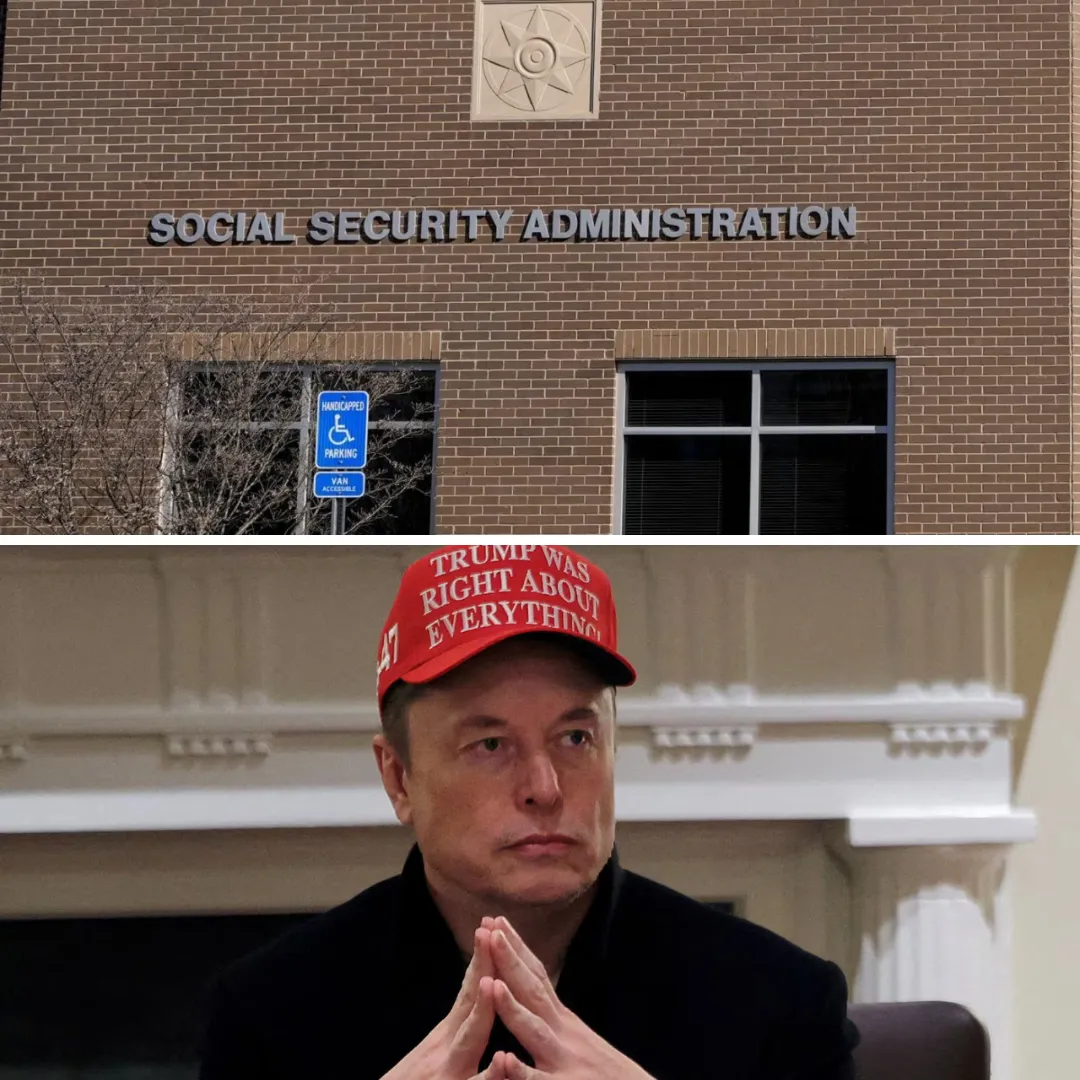
President Joe Biden has made history by granting clemency to 39 individuals and commuting the sentences of nearly 1,500 more in a sweeping single-day action that broke records for any U.S. president.
The White House released the full list of recipients on Thursday, marking a significant milestone in Biden’s presidency and reflecting his broader approach to criminal justice reform.
This move follows the controversial pardon of his son, Hunter Biden, earlier this month — a decision that sparked pressure from within the Democratic Party for Biden to issue more pardons before leaving office.
In a statement, Biden affirmed his commitment to justice and rehabilitation. “My Administration will continue reviewing clemency petitions to advance equal justice under the law, promote public safety, support rehabilitation and reentry, and provide meaningful second chances,” he said.
The announcement comes as Biden signals plans for additional clemency actions in the coming weeks before his time in the Oval Office concludes.

The list of 39 pardons focused exclusively on non-violent offenders, many of whom had been convicted of drug-related crimes. While drug offenders were clearly labeled as such on the list, no further details were provided about the nature of the non-drug-related, non-violent offenses committed by the other recipients.
However, the White House did offer insight into why each of the 39 individuals was considered deserving of a pardon. Citing factors such as community involvement, professional accomplishments, and academic achievements, the White House sought to present each pardon as a reflection of merit and rehabilitation.
Biden also made headlines with his decision to commute the sentences of nearly 1,500 individuals. He noted that these individuals had originally received lengthy prison sentences that would have been shorter under current sentencing laws.
All of those whose sentences were commuted had been placed under home confinement during the COVID-19 pandemic as part of efforts to reduce prison populations. Biden emphasized that the individuals had "successfully reintegrated into their families and communities" and demonstrated they deserved a second chance.

This large-scale commutation reflects ongoing advocacy for sentencing reform in the United States, where critics argue that outdated drug sentencing laws have disproportionately harmed marginalized communities.
The recipients of Biden's clemency actions include a diverse range of individuals, such as a decorated military veteran and pilot, a nurse who played a critical role in COVID-19 vaccination efforts, and an addiction counselor who works with young people to prevent drug use. These high-profile examples underscore Biden's effort to spotlight the personal stories of rehabilitation and contribution to society.
This is not the first time Biden has used his clemency powers during his presidency. Back in April 2022, Biden granted clemency to 75 people, most of whom had been convicted of drug offenses or were under home confinement as part of provisions in Congress' pandemic relief bills.
He followed that action with six pardons in December 2022 for individuals convicted of alcohol- and drug-related crimes. The trend continued between April 2023 and April 2024, during which Biden granted 47 additional commutations and 11 pardons for people convicted of non-violent drug offenses or those under home confinement.

With Thursday’s announcement, Biden has further cemented his legacy as a president willing to use his clemency powers in pursuit of criminal justice reform.
The sheer volume of commutations and pardons signals a shift toward more lenient treatment of non-violent offenders and a focus on second chances.
As he prepares to exit the Oval Office, Biden's record-breaking day of clemency marks a significant step in his broader effort to address the disparities and consequences of harsh sentencing laws in America.



